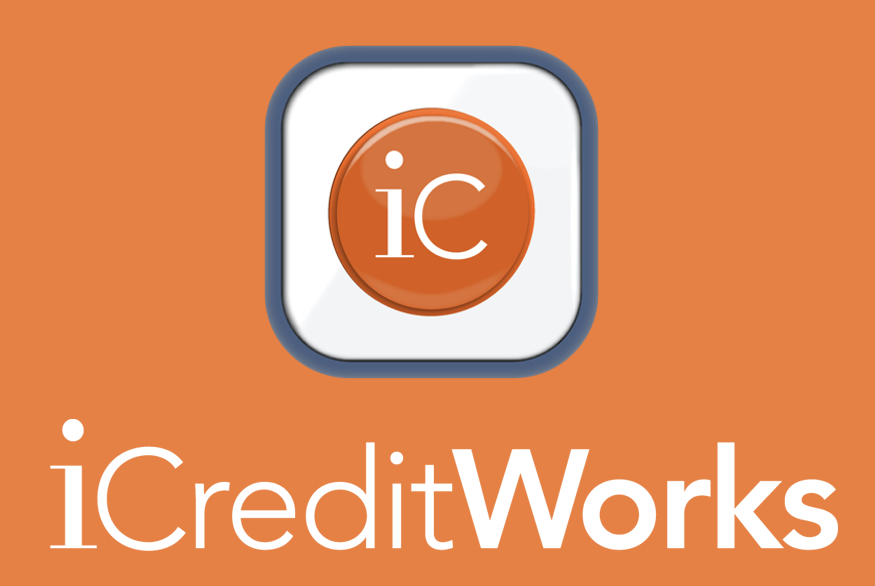Visiting the dentist shouldn’t be stressful – for kids or adults – but surveys have shown that approximately 36% of the adult population suffers from anxiety related to dental visits. Unfortunately, it’s all too easy for parents to inadvertently pass on their fear of the dentist to their kids. And this is definitely not a good thing, since dental visit anxiety leads to irregular checkups, which can ultimately impact your child’s oral and overall health. Here are some tips to ensure that your child has stress-free visits to the dentist from the start . If you follow these tips, your kiddo may even look forward to going to the dentist!
See a Pediatric Dentist
Pediatric dentists are dental professionals who have specialty training in seeing and treating children. Pediatric dentists and their staffs have many fun and imaginative ways to make their patients (and their parents) feel relaxed and comfortable. In addition, pediatric dentists are well-versed in explaining what is going on in an age-appropriate manner. They are also very willing to answer any questions that parents may have about their child’s oral healthcare needs.
Remain Calm
Even if visiting the dentist causes you to squirm, remember to stay calm. Children pick up on a lot more than we give them credit for, so your kiddo will know if you are nervous. Try to stay positive and say some soothing words and give them a reassuring hug if they start to feel anxious before their appointment.
Explain, Educate and Make it Fun
A lot of your child’s fear may come from not knowing what to expect. This is why it is so important to explain in an age-appropriate way what will happen at the dentist. Read books or watch TV shows that show positive experiences at the dentist, and maybe engage in a bit of imaginative “dental office” play at home. You can also go to the pediatric dentist’s website to show them pictures of what the office and exam room look like. This way they will feel a bit more familiar with the location when you arrive. (This will serve as a good reminder even if you have been to the practice before).
Be a Good Example
Parents are role models for their children in all aspects of life, and oral healthcare is no exception. Show, don’t just tell, your kids how to establish and maintain healthy oral hygiene habits. Show them how you brush twice a day and floss once a day. Model healthy eating habits, and show them that if you do indulge in a sugary snack, you make sure to brush your teeth as soon as possible afterward.
In addition to showing them how to maintain good oral hygiene, it’s also important explain what you’re doing it and why. Explain how brushing, flossing and avoiding sugary drinks and foods will help them have a strong and healthy smile.
Give a Bit of Thought to Your Appointment Time
When you schedule your child’s appointment, make sure that the timing works with your child’s schedule. Avoid right before naptime, and make sure that your child has been recently fed so that they aren’t tired or hungry during the appointment. Also, you know your child best, so if they are grumpy right after their nap, it might be a good idea to schedule the appointment an hour or so after they’ve woken up.
Complete Any Paperwork in Advance
By completing any necessary paperwork before you arrive at the appointment, you will be able to fully focus on your kiddo. Typically, you can fill out all paperwork online at any time leading up to the appointment.
Sit With Your Child
Even in today’s uncertain times, most pediatric dentists will let you sit in the exam room with your child during the appointment. Having you there by their side can help calm their nerves and keep them comfortable, especially if it’s the first time you are visiting the practice.
Regular Dental Visits
Ideally, your child should see their pediatric dentist twice a year. This is not only critical for your child’s oral and overall health, but also for establishing a lifelong routine of regular dental visits. And getting in the habit of visiting the dentist on a regular basis will help your kiddo become familiar with the experience, which in turn, makes dental visits much less stressful.

